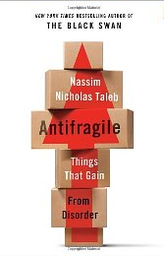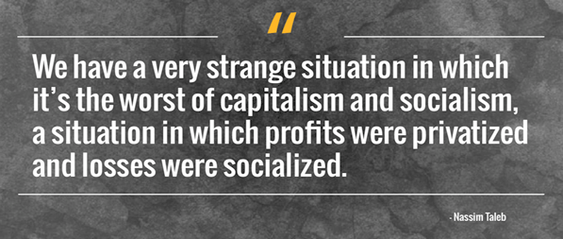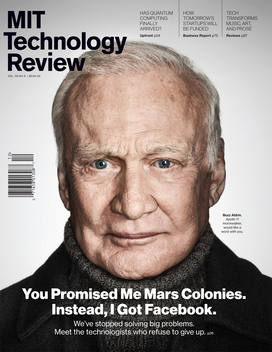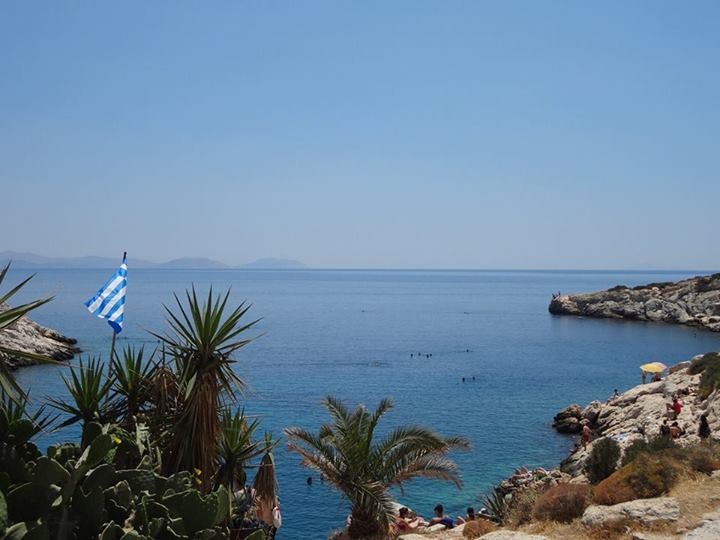Starting a blog has been like starting a diet. I was always going to start next week, next month, next semester. It's funny how, every single day since I started college, I've been thinking that next semester would be more relaxed than the current one. That next semester I would have time to exercise more, travel, and start a blog... Well, the time has come! I am now busier than ever, but I decided to just make time for a blog.
So, what's this blog going to be about? It'll be about all those things that I find interesting, "like" on Facebook, but only really share and discuss with very few close friends. I've decided to have five types of blog posts:
So, what's this blog going to be about? It'll be about all those things that I find interesting, "like" on Facebook, but only really share and discuss with very few close friends. I've decided to have five types of blog posts:
A) Proverbs and quotations that I stumbled upon and found intriguing. This idea started when I began collecting some quotes in a notebook. It then evolved when I decided to post one quote per week on my lab's weekly meetings page. Most of these will come from books I'm currently reading or blogs I'm following. For example, this quote is from Anthony Robbins, the motivational speaker.

B) Books that I'm currently reading or just read. These posts will be a mix of reviewing, summarizing, and extracting the essence of a book.
I just finished "Antifragile". Nassim Nicholas Taleb basically argues that we are missing a word in our vocabulary, the opposite of "fragile". And no, "robust" is not its opposite. On the one end of the spectrum, lies the fragile, something that suffers from volatility. For example, a box full of glasses is fragile, as are most inorganic material things. Then, we have the robust, things that can withstand disorder. For example, the legendary Phoenix is robust because, when it dies, it comes back to life, as good as new! But at the other end of the spectrum, we have the antifragile. Antifragile things actually benefit from stressors, mistakes and uncertainty! Every time you cut off a Hydra head, two new ones are created. If you expose bacteria to (low-levels of) antibiotics, they are initially harmed, but then adapt, and become resistant to them. When we stress the human muscles in the gym (up to a point), the are damaged at first, but then come back stronger.
The classification of things us either fragile, robust, or antifragile applies to so many things in life; from individuals, to societies, to medicine, to economic systems. The topic deserves its own post, so I'll get back to you soon.
I just finished "Antifragile". Nassim Nicholas Taleb basically argues that we are missing a word in our vocabulary, the opposite of "fragile". And no, "robust" is not its opposite. On the one end of the spectrum, lies the fragile, something that suffers from volatility. For example, a box full of glasses is fragile, as are most inorganic material things. Then, we have the robust, things that can withstand disorder. For example, the legendary Phoenix is robust because, when it dies, it comes back to life, as good as new! But at the other end of the spectrum, we have the antifragile. Antifragile things actually benefit from stressors, mistakes and uncertainty! Every time you cut off a Hydra head, two new ones are created. If you expose bacteria to (low-levels of) antibiotics, they are initially harmed, but then adapt, and become resistant to them. When we stress the human muscles in the gym (up to a point), the are damaged at first, but then come back stronger.
The classification of things us either fragile, robust, or antifragile applies to so many things in life; from individuals, to societies, to medicine, to economic systems. The topic deserves its own post, so I'll get back to you soon.
C) Cool stuff that I discover. For example, I am a subscriber to the MIT Technology Review, which always has at least one VERY interesting article per issue! Also, I'm following the start-up scene, so I'll be letting you know about new and exciting companies and products. For example, take a look at Play-i's educational robots below!
D) Photos from my travels! Cornellians will see a lot of Greece, Greeks will see a lot of the US!
E) Finally, I will be writing longer essays. Basically, a certain topic will intrigue me, I will read up on it, take notes, and once the ideas mature in me, I will turn my thoughts and notes into an extensive blog post.
That's it! Thanks for reading. Feel free to leave a comment below. Also, make sure you signup to be notified of new blog posts and other interesting updates! You can also subscribe to the blog's RSS feed.
~ Spyros
That's it! Thanks for reading. Feel free to leave a comment below. Also, make sure you signup to be notified of new blog posts and other interesting updates! You can also subscribe to the blog's RSS feed.
~ Spyros








